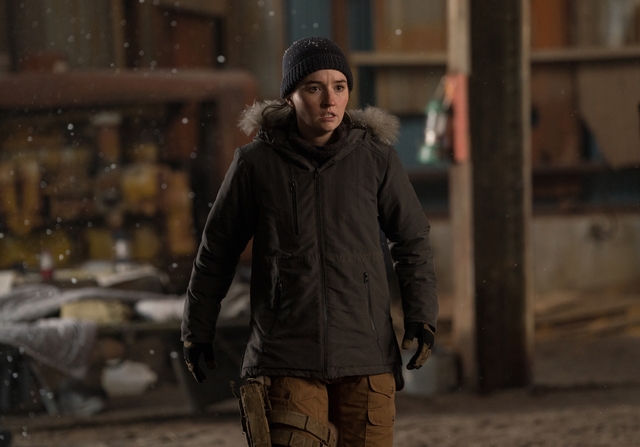Abby: The Last of Us' Most Controversial Character
Abby Anderson. The name alone evokes strong reactions from players of The Last of Us Part II. She’s arguably the most controversial character in gaming history, sparking passionate debates and dividing the fanbase in a way few other characters have managed. But why? What makes Abby so divisive, and what can we learn from her complex portrayal?
Understanding Abby's Controversial Actions
Abby's controversial nature stems directly from her actions in the game's opening sequence. We witness, through Joel's perspective, a brutal and unforgiving murder—the death of a character many players had grown to love and protect over the course of The Last of Us. This act sets the stage for the entire narrative and immediately positions Abby as an antagonist in the eyes of many players.
The Weight of Revenge
Abby's motivation is rooted in revenge. The death of her father, a pivotal figure in her life, fuels her relentless pursuit of Joel. This pursuit is depicted with a level of brutality that many find difficult to reconcile, particularly given the emotional investment players have in Joel's character. The game doesn't shy away from showcasing the consequences of violence, showing both the physical and emotional toll it takes on Abby herself.
Beyond the Brutal Acts: Exploring Abby's Humanity
However, to understand Abby’s controversial nature fully, it's crucial to move beyond the initial shock of her actions. The Last of Us Part II dedicates significant portions of gameplay to exploring her backstory, her relationships, and her vulnerabilities. We see her struggle with trauma, grapple with moral ambiguities, and ultimately experience a profound sense of loss. This allows players to develop a more nuanced understanding of her motivations, even if they don't necessarily condone her actions.
This nuanced portrayal is key to Abby's controversial nature. It forces players to confront uncomfortable truths about violence, revenge, and the complexities of human nature. It challenges the typical "good guy vs. bad guy" dichotomy often seen in video games.
The Significance of Abby's Character
Abby's controversial role goes far beyond simply provoking a reaction. Her character serves several crucial narrative functions:
-
Challenging Player Expectations: The game deliberately subverts player expectations by making the player control a character initially presented as the antagonist. This forces a reassessment of morality and empathy, compelling players to question their own preconceived notions.
-
Exploring the Cycle of Violence: Abby's story highlights the destructive cycle of revenge, demonstrating how violence begets more violence and rarely leads to lasting peace or satisfaction. Her journey serves as a cautionary tale.
-
Promoting Empathy for the "Enemy": By providing a deep dive into Abby's perspective and experiences, the game aims to foster empathy, even for characters initially perceived as villains. This is a powerful narrative technique that pushes the boundaries of typical storytelling in video games.
The Lasting Impact of Abby
Abby's impact on the gaming world is undeniable. She sparked numerous online debates, fueled critical analysis of the game's narrative structure, and even inspired fan art and creative interpretations of her character. Her presence continues to generate discussions about character development, storytelling techniques, and the very nature of player agency in video games.
Whether you love her or hate her, Abby is a character that lingers in the minds of players long after the credits roll. Her story serves as a powerful reminder of the complexities of human nature and the challenging questions video games can pose about violence, morality, and empathy. She's not simply a villain; she's a complex character who forces us to confront difficult truths, and that's what makes her so unforgettable—and so controversial.
